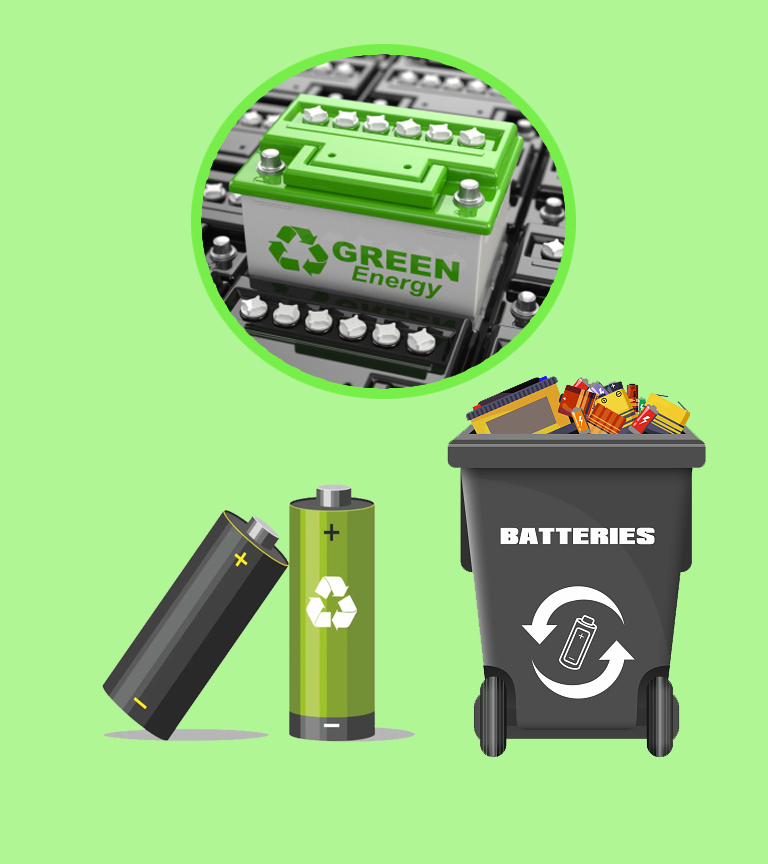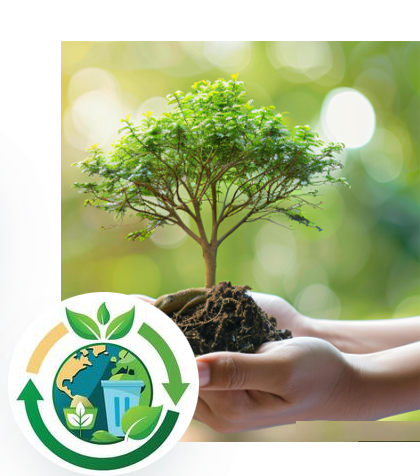Battery recycling plays a pivotal role in mitigating these risks by recovering valuable materials and diverting hazardous substances from landfills. Through recycling, metals like lithium, cobalt, nickel, and aluminum can be extracted and reused in the manufacturing of new batteries and other products, reducing the need for virgin resources and lowering carbon emissions associated with mining and processing.
Benefits of Battery Recycling
Conservation of Resources: By recycling batteries, valuable metals and materials are recovered and reintroduced into the production cycle, reducing the reliance on finite natural resources.
Pollution Reduction: Proper disposal and recycling of batteries prevent the release of toxic chemicals and heavy metals into the environment, safeguarding air, water, and soil quality.
Energy Savings: Recycling batteries consumes less energy compared to extracting and refining raw materials, resulting in lower greenhouse gas emissions and energy consumption.
Economic Opportunities: Battery recycling fosters the growth of a green economy by creating jobs in collection, sorting, processing, and manufacturing, contributing to sustainable economic development.
How You Can Contribute: As individuals, there are several ways to contribute to battery recycling efforts and promote sustainability.
Proper Disposal: Dispose of used batteries at designated collection points, recycling centers, or take-back programs offered by manufacturers and retailers.
Educate Others: Raise awareness about the importance of battery recycling among family, friends, and colleagues to encourage responsible disposal practices.
Support Recycling Initiatives: Advocate for policies and initiatives that promote battery recycling and invest in research and development of innovative recycling technologies.
Choose Rechargeable Batteries: Opt for rechargeable batteries whenever possible to minimize waste and extend the lifespan of battery products.
Battery recycling is a vital component of sustainable waste management and resource conservation efforts. By recycling batteries, we can reduce environmental pollution, conserve valuable resources, and create economic opportunities. Battery EPR Registration plays a crucial role in ensuring that producers take responsibility for the end-of-life management of batteries in compliance with environmental regulations. Together, let’s embrace responsible disposal practices and support initiatives that promote battery recycling and EPR compliance for a cleaner, greener future. Join the movement towards sustainability today and make a positive impact on the planet.










